Food Profiling
-
It was one of the largest operations ever carried out by a special task force of the European police organization Europol: 68.000 people were checked, 663 arrest warrants were issued, 42 criminal networks were dismantled, and 15.451 tons of food were seized.
The operation was called Opson X and took place in the first half of 2021. The goal was to track down criminal organizations that specialized in counterfeiting food and beverages. While police officers operate on the front lines of the crime, scientists work in the background to prove the fraud. It's often a complex task. The School of Food Science (SFS) at the University of Hamburg is considered one of the best places to do that. "We're doing well," says Markus Fischer, 56, the institute's founder and director. To detect a counterfeit, the professor and his team must first analyze the original product. "The goal is to find the difference," Fischer says. That's often a fiddly job, like finding the wrong piece in a 10000-piece puzzle.
I spent a day in Fischer's lab with Michael Kneissler to look over his shoulder for Focus. -
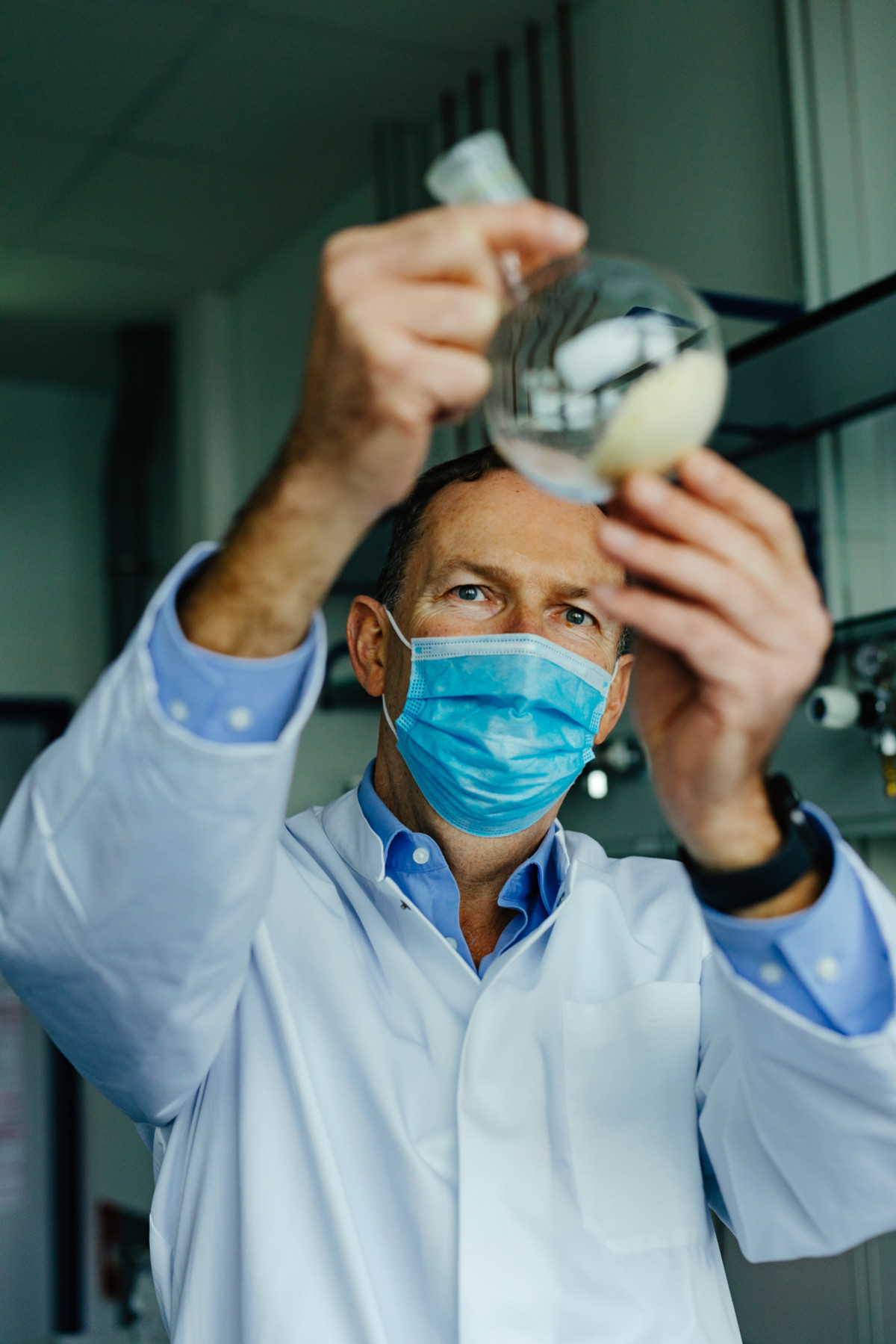
-
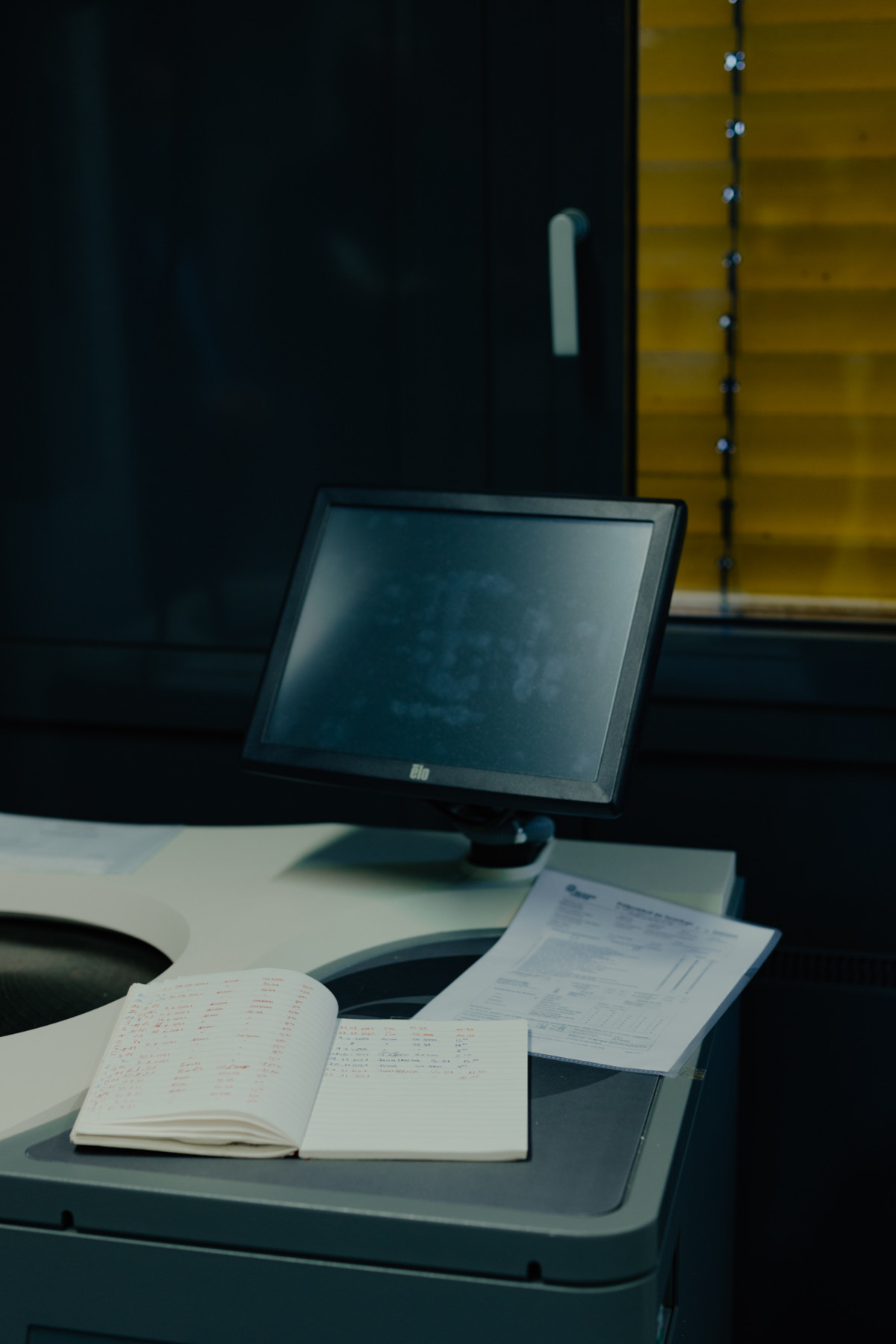
-
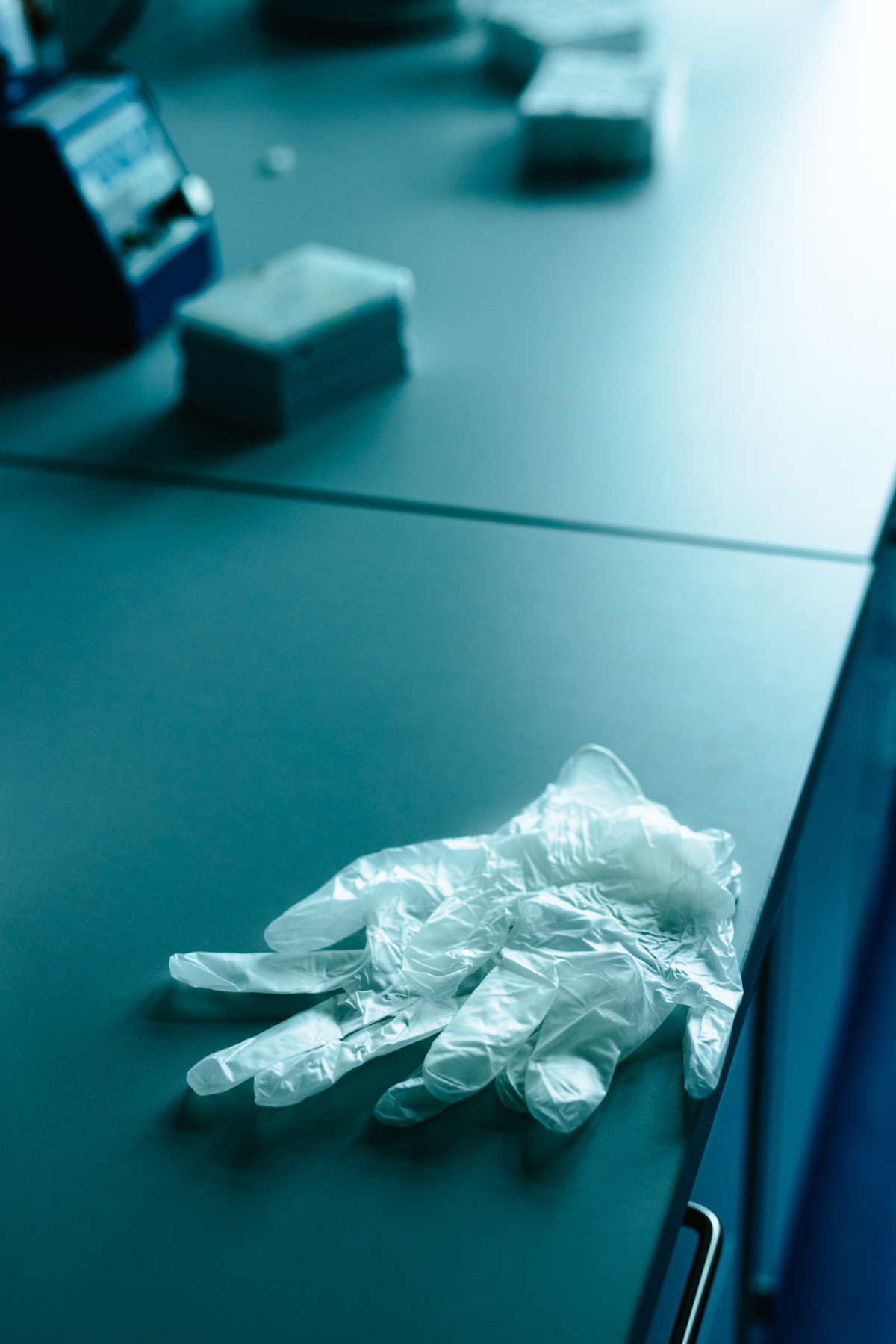
-
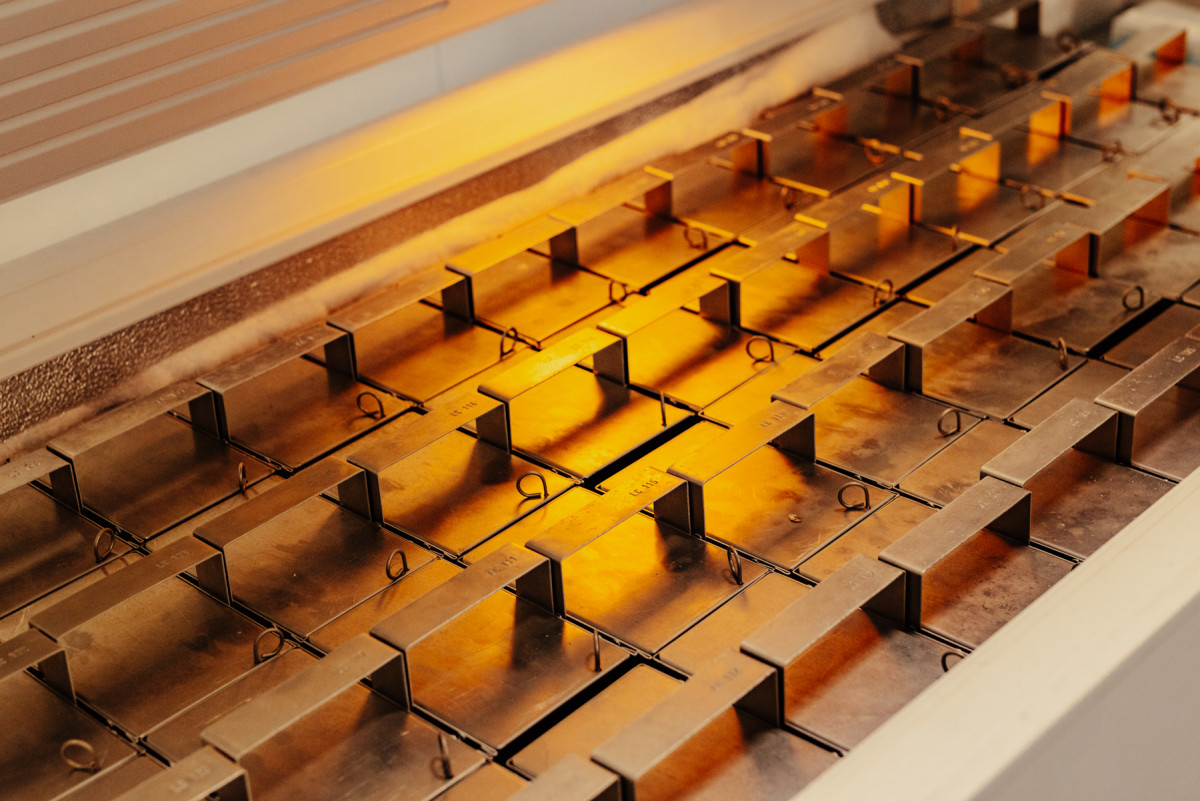
-
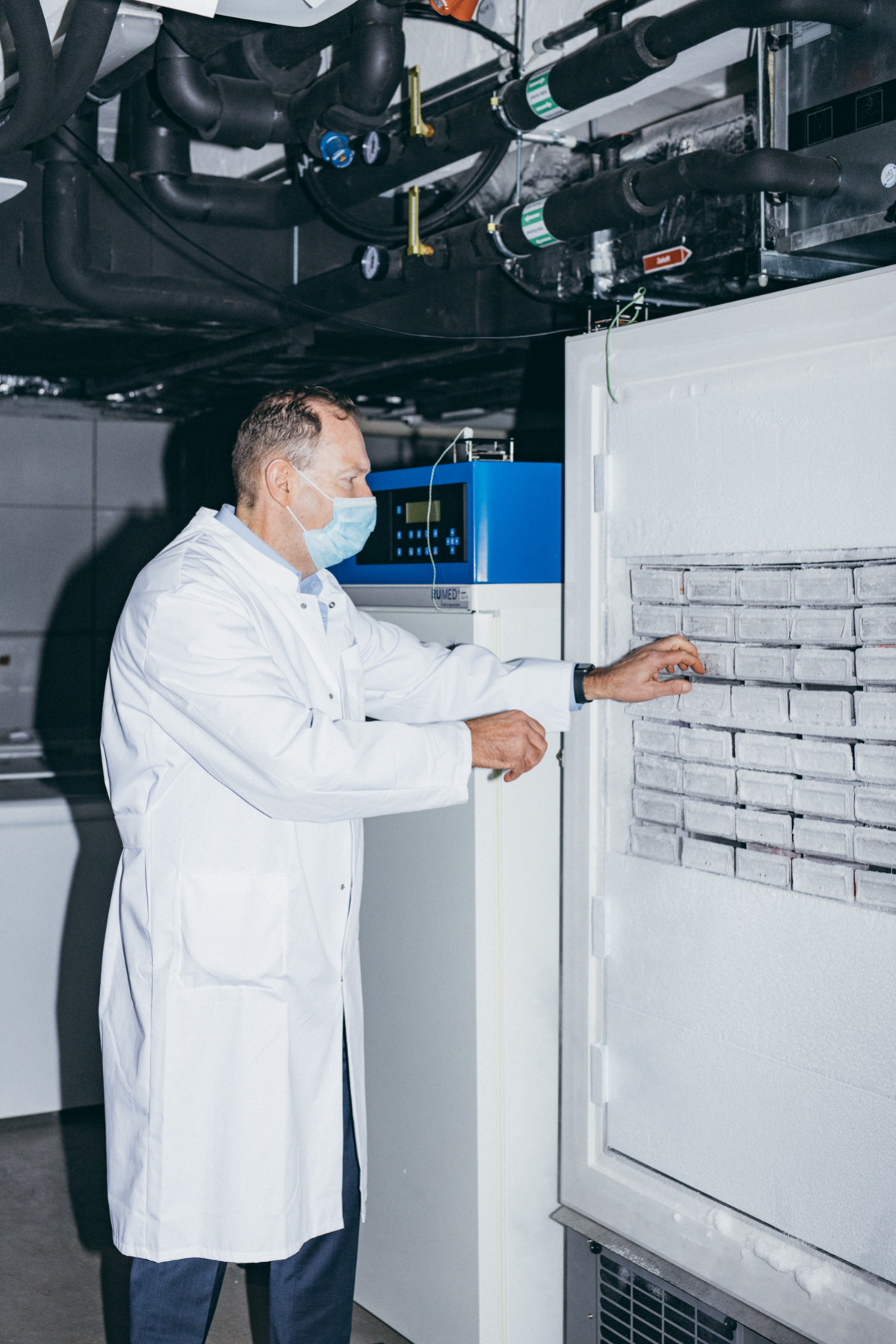
-
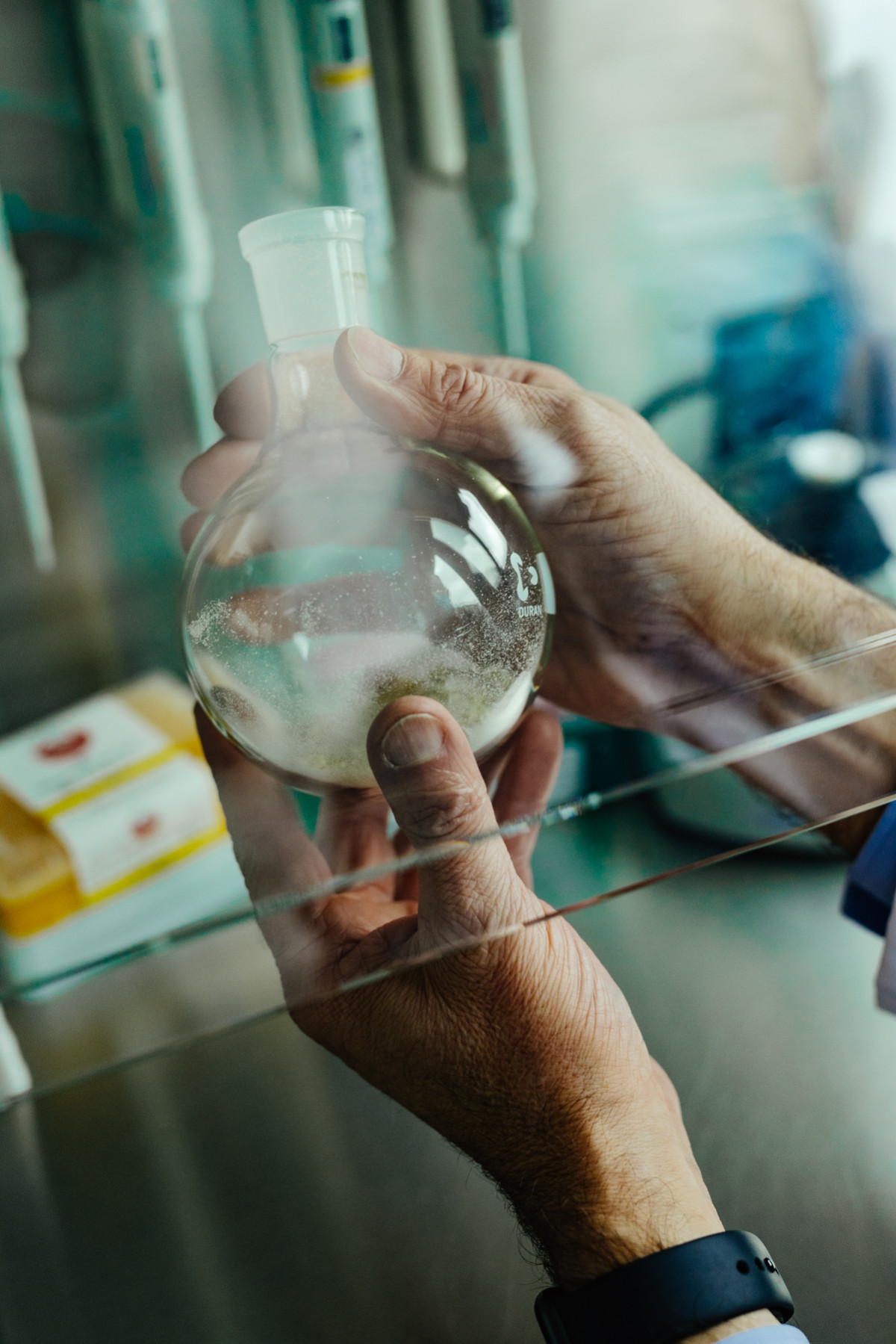
-
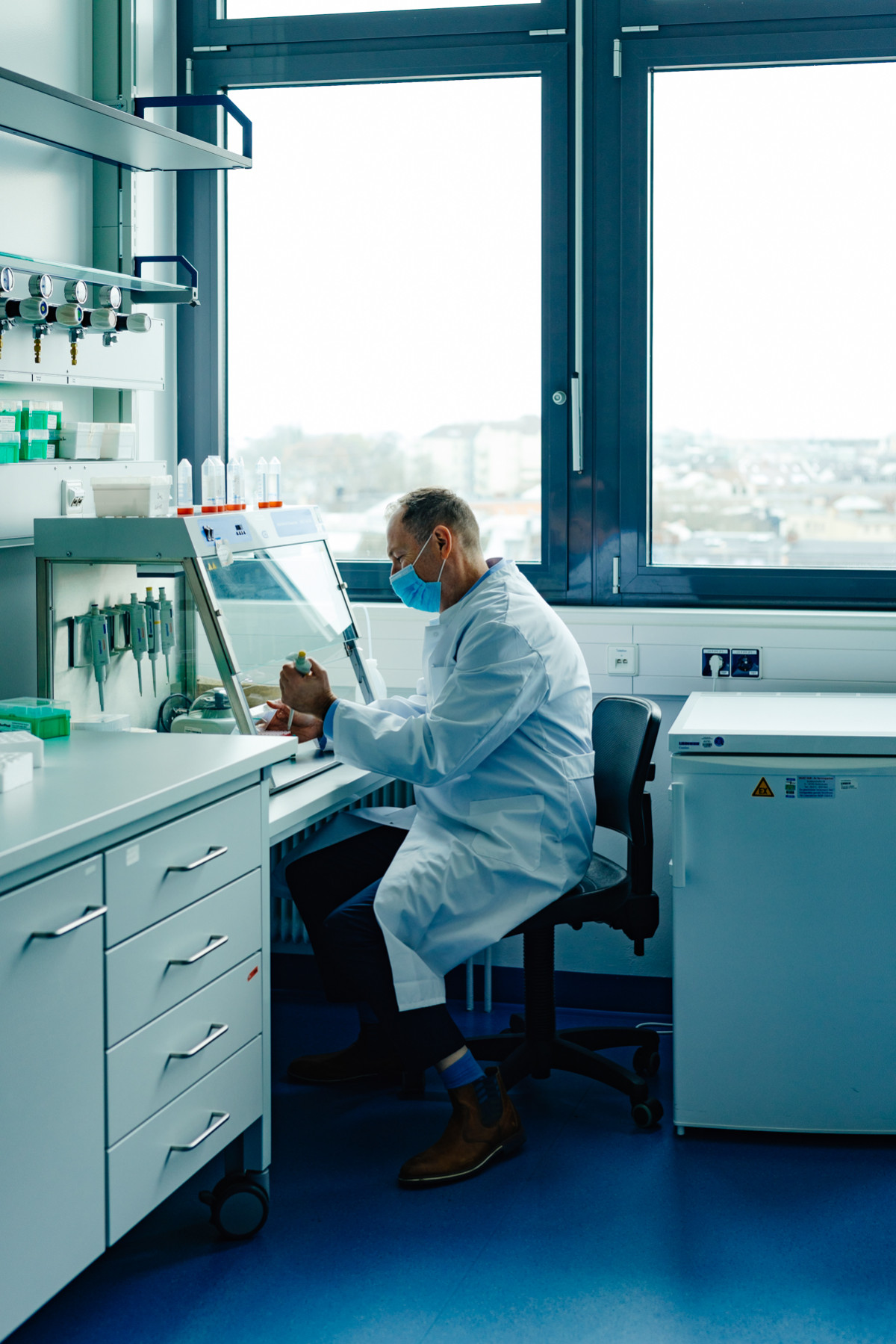
-
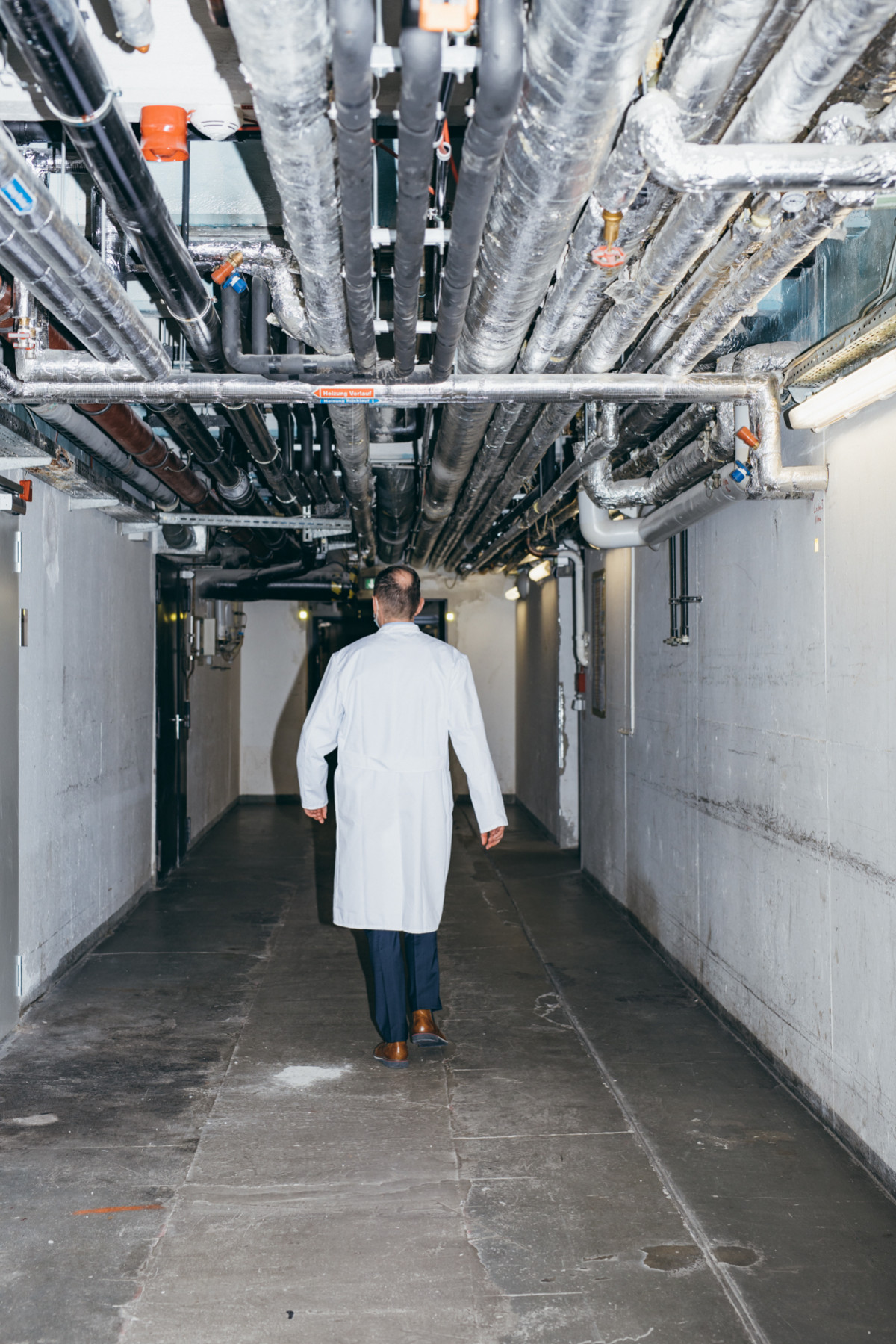
-
